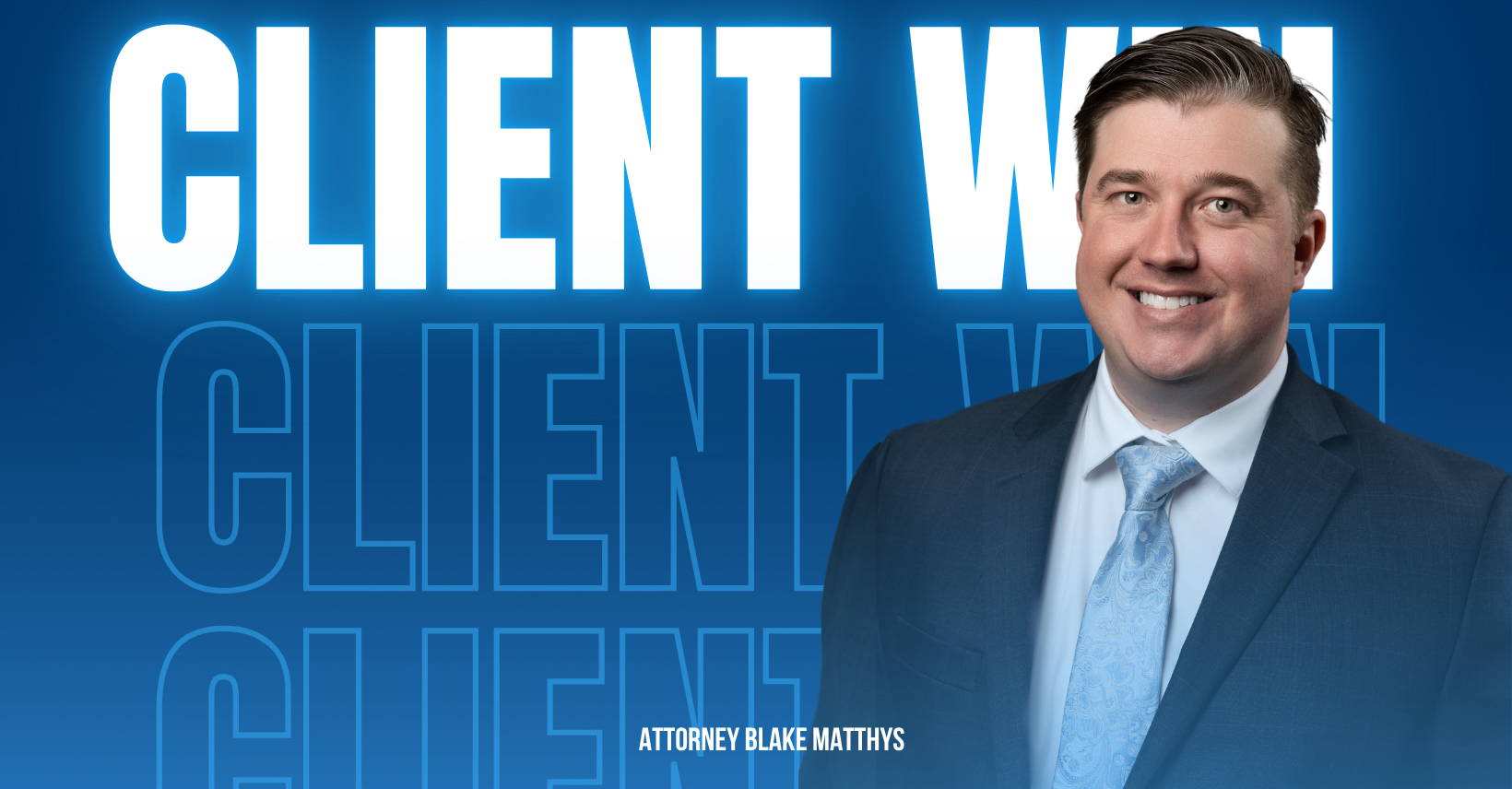Seven individuals associated with Backpage.com, a classified advertising website, have been indicted on charges stating the website operated as a thinly veiled and lucrative online brothel. The website which was profiting from illegal prostitution was shut down by U.S. Government.
Backpage, the largest online sex trafficking marketplace in the world, ran sites out of 943 locations in 97 countries and 17 languages, facilitating the sex trafficking of innocent women and children. Seventy-three percent of all child trafficking cases that were reported to the National Center for Missing and Exploited Children involved Backpage.
Back in 2004 Backpage.com started out as a classified website, alongside major competitors such as Craigslist. When Craiglist shut down its adult ad section due to the pressure from law enforcement, Backpage saw a profitable opening. Backpage became the new home for ads claiming to offer escorts.
After 14 months of hearing evidence on the case, a federal grand jury found that Backpage.com had violated the existing law. There were 50 specific instances in which ads were alleged to have been used to facilitate prostitution mentioned in the indictment. The indictment also outlines the nightmares 17 human trafficking victims went through after being trafficked through the website; several of them were as young as 14 when trafficked.
Recently, the U.S. Attorney’s office unsealed a 93-count indictment on sex trafficking charges. Michael Lacey and Jim Larkin, the co-founders of Backpage.com were two of the individuals named in the indictment.
Both Lacey and Larkin were charged with conspiring to facilitate prostitution offenses through the Backpage website knowingly. Records included an internal document which quoted Lacey suggesting Backpage was helping the prostitution industry.
The website used an automated system to screen out words that suggested illegal activity. They could have passed that information to law enforcement, but they didn’t. The prostitution charges are based primarily on e-mails revealing Backpage supervisors discussing whether or not certain words and phrases were apparent signs of an exchange of money for sex. According to the U.S. Senate report, Backpage earned $135 million in 2014.
Backpage used the argument that their website provides a tool for law enforcement to find and rescue exploited victims. However, the indictment stated Backpage.com only wanted to create the perception that it was attempting to stop the selling of children for sex.
The website also tried defending the posting of its escort ads arguing it was not responsible for the consequences of the escort ads that were created by others. Such ads were written in code at times; the customers understood the codes and law enforcement figured them out.
According to the Senate report, Joye Vaught, the assistant operations manager of Backpage.com, was also charged. Vaught had supervisory roles over the employees moderating the ads.
When an employee alerted the National Center for Missing and Exploited Children about an ad the employee thought featured a drugged and bruised underage girl, Vaught made it clear he disapproved of the employee’s actions. He is quoted in an e-mail saying, “These are the kind of reports the cops question us about. I find them all the time. It’s just usually you who sends them.”
Andrew Padilla, the site’s operations manager, was also among the seven charged. He, like Vaught, supervised Backpage moderators and was quoted in an internal e-mail included in the indictment saying “implying that we’re aware of prostitution…is enough to lose your job over.”
The website became the go-to spot for escort ads and not long after became the target for civil lawsuits and state statutes.
FBI agents raided both Lacey’s home in Sedona, Arizona and Larkin’s home in Paradise Valley, Arizona. The federal indictment against the men has been sealed.
A banner has since been displayed on the Backpage.com and all associated websites advising users that they’ve been seized by federal law enforcement agencies.
Federal and state prosecutors were given greater power to go after websites that host sex trafficking ads after President Donald Trump signed the Allow States and Victims to Fight Online Sex Trafficking Act of 2017, on April 11th of this year. The act also allows victims and Attorney Generals to file civil lawsuits against such sites.
How The Carlson Law Firm can help
Any individual(s) or business who directly benefits from, or who may be aware that the conditions of human sex trafficking exist, may be held responsible and liable to the victims of human sex trafficking.
If you, or a loved one, is a victim of human sex trafficking let us help. We have a compassionate team who will get you the help you deserve and navigate the legal system. Contact us today for a free consultation. We promise to keep your call confidential. We are available 24 hours a day, seven days a week. Hablamos español.





